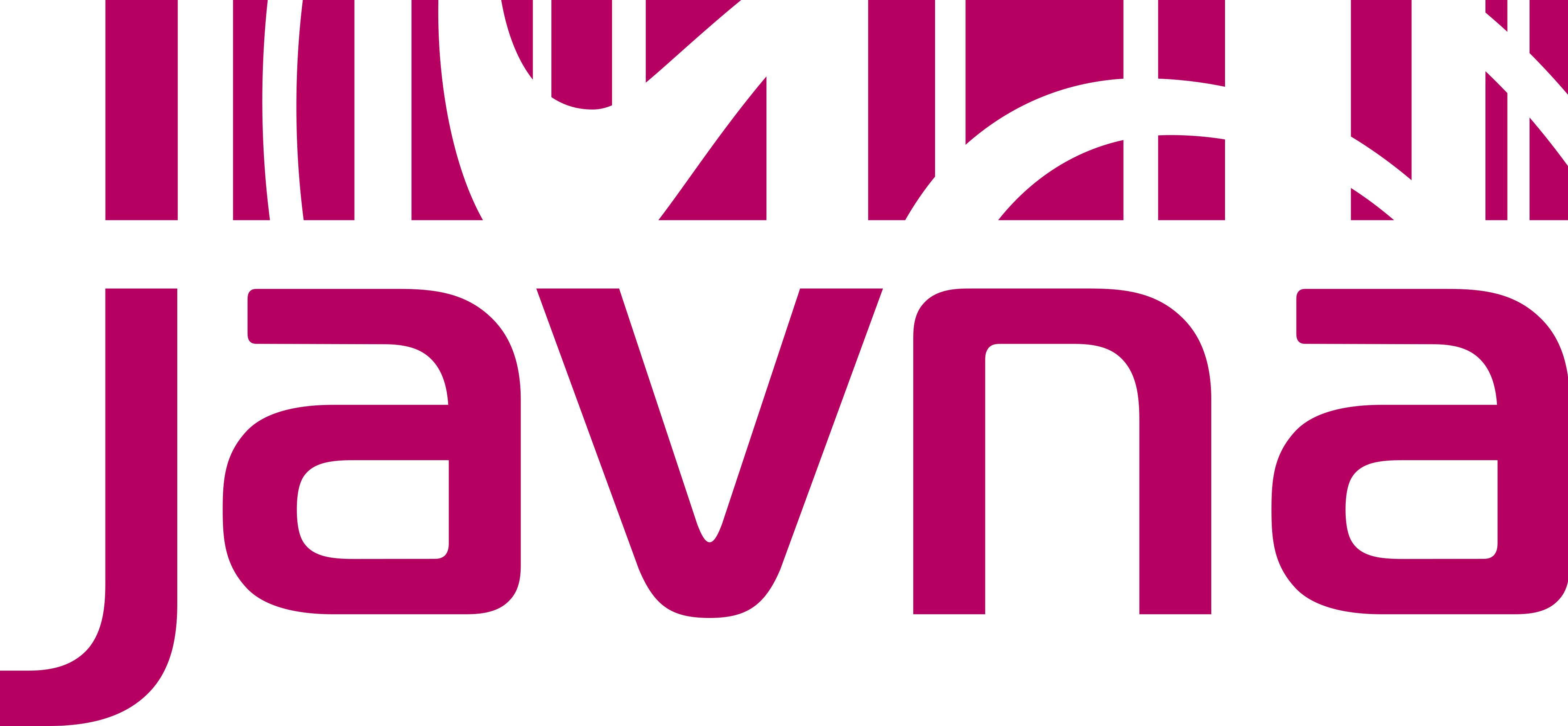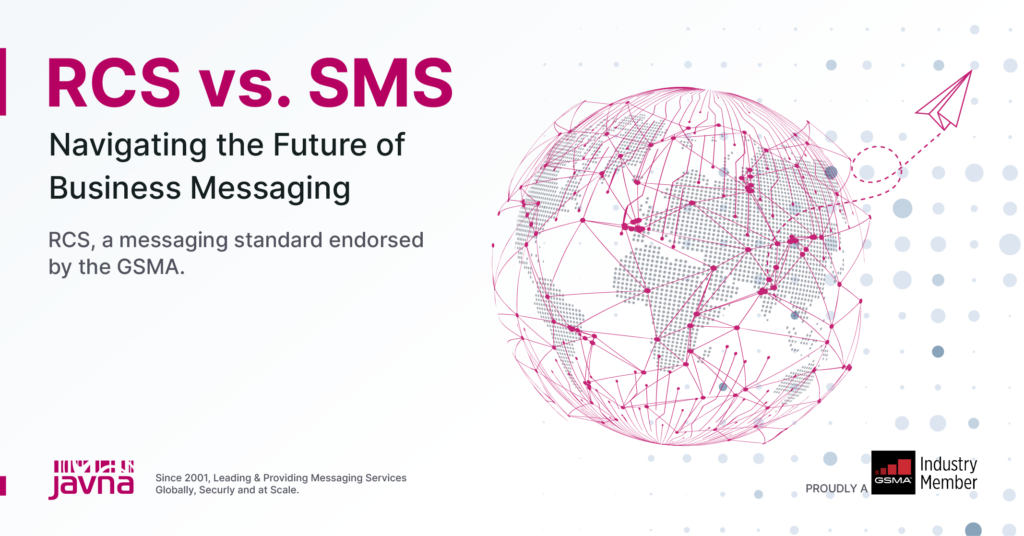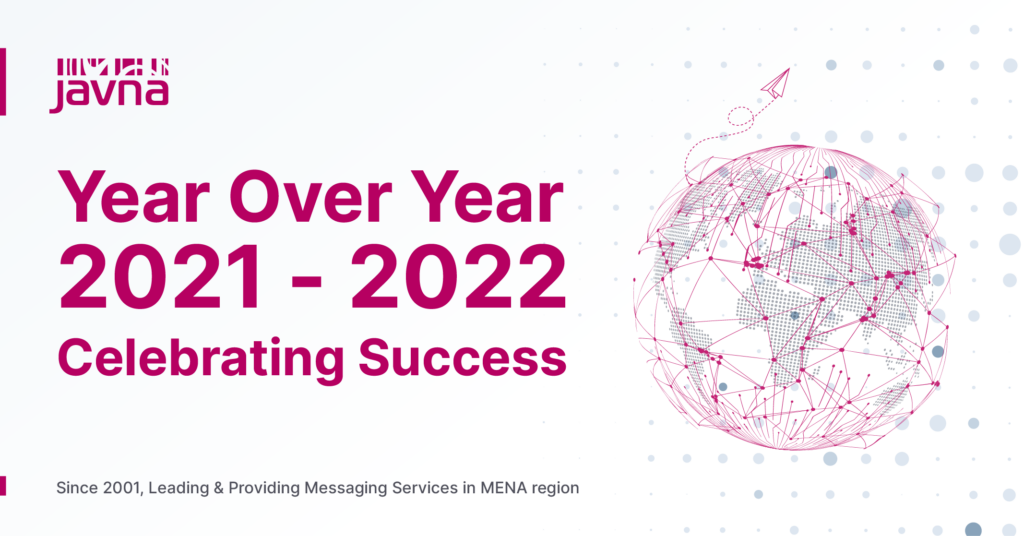In our comprehensive analysis of RCS vs. SMS, we uncover the transformative potential of Rich Communication Services (RCS) in reshaping business communication. Highlighting RCS Universal Profile, a messaging standard endorsed by the GSMA, we explore how RCS elevates messaging with interactive, multimedia capabilities, surpassing the limitations of traditional SMS.
Table of content
- Introduction: Unveiling the Future of Messaging with RCS and SMS
- Background of SMS | The Enduring Legacy of SMS in Digital Communication
- What is RCS Business Messaging?
- RCS vs. SMS: A Detailed Comparison for Businesses
- Maximizing Engagement: The Business Benefits and Applications of RCS
- Telecom Operators and the Role in RCS Adoption
- RCS: Predicting the Next Wave in Communication Technology
- Conclusion: RCS and SMS in the Evolving Landscape of Business Messaging
- Why Choose Javna for Your Business Messaging Needs?
Introduction: Unveiling the Future of Messaging with RCS and SMS
In the dynamic world of digital communication, the debate between Rich Communication Services (RCS) and Short Message Service (SMS) is more relevant than ever. As businesses strive to connect with their audiences in the most effective way, understanding the strengths and limitations of these messaging technologies becomes crucial. SMS, with its widespread reach and simplicity, has long been the backbone of mobile communication. However, the advent of RCS promises a transformation, bringing richer, more interactive features to the forefront. This comparison delves into the intricacies of RCS and SMS, exploring how their unique attributes cater to varying business needs and customer experiences. From the universal appeal of SMS to the advanced capabilities of RCS, we unravel the potential each holds in revolutionizing business messaging in today’s technology-driven marketplace.
Background of SMS | The Enduring Legacy of SMS in Digital Communication
For over three decades, Short Message Service (SMS) has reigned supreme in the realm of mobile communication. Its inception marked a revolution in how we connect, offering a simple yet effective way to reach people anywhere, anytime. With over 5.32 billion mobile phone users globally, the ubiquitous nature of SMS is undeniable. Every mobile device, regardless of model or operating system, comes equipped with SMS capabilities, making it a universally accessible communication channel. This wide reach, coupled with the fact that 60% of consumers read texts within the first five minutes of receipt, cements SMS’s status as an invaluable tool in business communications, known for its reliability and direct reach.
What is RCS Business Messaging?
A New Frontier in Messaging Technologyx
Rich Communication Services (RCS) represents the next evolutionary step in mobile messaging, introducing a suite of advanced features that elevate the standard SMS experience. As an IP-based service, RCS is primarily available to Android users through their network operators, offering enhanced capabilities like high-quality media sharing, read receipts, typing indicators, and interactive elements. This modern messaging solution aims to transform standard text messaging into a more immersive, app-like experience, without the need for additional downloads. With Apple’s recent announcement that it will enable RCS messaging on iOS in 2024, this technology is set to become a cross-platform standard, potentially reshaping how businesses and consumers communicate across different devices.
RCS vs. SMS: A Detailed Comparison for Businesses
When evaluating RCS and SMS, several key factors emerge, shaping their applicability in different scenarios.
Device Compatibility and Reach
SMS is universally compatible with all mobile phones, a factor that has been pivotal in its widespread adoption. RCS, initially available on Android, is expanding its reach with Apple’s planned integration in 2024. This expansion will bridge communication between Android and iOS users, offering features akin to Apple’s iMessage to a broader audience.
Messaging Features
SMS is known for its simplicity, sending plain text messages up to 160 characters. In contrast, RCS introduces a plethora of advanced features. These include rich media support (enabling images, GIFs, and videos), read receipts, typing indicators, and more interactive components like quick reply buttons and carousel messages. Such features enhance the user experience, making communications more engaging and informative.
User Experience
SMS offers a straightforward, text-based communication method, highly valued for its simplicity and reliability. RCS, with its richer content and interactive options, provides a more dynamic and engaging user experience. It allows businesses to create more visually appealing and functional messages, significantly enhancing customer engagement.
Security
Both SMS and RCS offer secure messaging options. SMS has a long-established record of reliable security, though it lacks end-to-end encryption. RCS messages, on the other hand, are encrypted in transit, ensuring a high level of security, especially in business-to-consumer communications.
Business Applications and Efficiency
RCS shines in its potential for business applications. Its rich media capabilities and interactivity offer businesses innovative ways to engage with customers, from marketing to customer service. For example, RCS enables businesses to send interactive product catalogs, receive immediate customer feedback through quick reply options, and provide a more personalized and branded communication experience. SMS, while less feature-rich, remains an effective tool for straightforward, mass communication tasks like alerts and confirmations, given its universal reach and high open rates.
In conclusion, while SMS continues to be a robust and universally accepted messaging tool, RCS is emerging as a more feature-rich alternative, capable of delivering richer and more interactive content. The choice between RCS and SMS depends on the specific needs
Maximizing Engagement: The Business Benefits and Applications of RCS
RCS Business Messaging (RBM) offers unique advantages for businesses seeking to enhance customer engagement and communication. The multimedia capabilities of RCS, such as rich media cards and carousels, provide a visually engaging platform for marketing campaigns, allowing businesses to showcase products and offers more effectively. Custom branding options in RCS messages, like incorporating logos and corporate colors, help maintain brand consistency and recognition.
Interactive features like suggested replies and action buttons simplify customer responses, potentially increasing interaction rates. These features create a more conversational experience, making it easier for customers to engage with businesses. RCS also supports longer messages, removing the 160-character limit of SMS, which is particularly beneficial for detailed communication.
Moreover, RCS’s ability to utilize existing customer phone numbers facilitates seamless integration into current business communication strategies. When RCS messages cannot be delivered, SMS can serve as a reliable fallback, ensuring message delivery.
The use of extended metrics in RCS enables businesses to track messaging performance, including open rates and interaction details. These insights assist in refining communication strategies and enhancing future campaigns.
Incorporating RCS into a communication strategy can lead to higher click-through rates and conversion rates, as demonstrated by businesses like Club Comex and Digitaleo, who experienced significant engagement improvements with RCS campaigns compared to SMS.
In summary, RCS’s rich features and app-like experience offer businesses multiple avenues to create compelling messages that capture attention, drive engagement, and potentially lead to higher conversion rates.
Telecom Operators and the Role in RCS Adoption
Telecom operators play a pivotal role in the adoption and proliferation of RCS. Their network infrastructure and customer base are essential for the widespread deployment of RCS services. Operators have the opportunity to lead the market in showcasing the benefits of RCS, encouraging other businesses to adopt this technology in their communication strategies. By integrating RCS into their own marketing and customer service platforms, telecom operators can demonstrate the practical applications and advantages of RCS, setting a precedent for its use. Additionally, they have the potential to recover revenue lost to over-the-top (OTT) messaging services by promoting RCS as a versatile and rich communication channel. This proactive approach by telecom operators is crucial for driving RCS adoption and maximizing its impact in the evolving landscape of digital communication.
RCS: Predicting the Next Wave in Communication Technology
The future of RCS is poised for significant growth, especially with its upcoming integration into iOS devices. Market projections suggest a substantial increase in RCS’s market size, potentially outpacing the growth of traditional SMS. This expansion is fueled by RCS’s ability to enrich messaging with interactive features, providing a more versatile and engaging user experience. While RCS is unlikely to replace SMS entirely due to its universal accessibility and simplicity, it offers additional capabilities that SMS cannot, catering to more dynamic communication needs. As businesses continue to seek innovative ways to engage with customers, RCS is set to become a key player in the messaging landscape, complementing and, in some cases, enhancing the traditional SMS channel.
Conclusion: RCS and SMS in the Evolving Landscape of Business Messaging
In summary, the comparison between RCS and SMS reveals a landscape of digital communication that is evolving to meet the demands of today’s tech-savvy consumers and businesses. While SMS continues to hold its ground as a reliable and universally accessible messaging tool, RCS emerges as a dynamic and feature-rich alternative, offering enhanced interactivity, richer content, and improved user engagement. The integration of RCS into various platforms, including the anticipated support on iOS, signifies a major shift in messaging capabilities, presenting new opportunities for businesses to innovate in their customer communications. As the digital messaging space continues to evolve, understanding and leveraging the strengths of both RCS and SMS will be key for businesses aiming to stay at the forefront of customer engagement and communication efficiency.
As we navigate the evolving landscape of business messaging, understanding the nuances and capabilities of both RCS and SMS is crucial. At Javna, we specialize in harnessing the power of these technologies to create tailored communication solutions that meet the unique needs of your business.
Why Choose Javna for Your Business Messaging Needs?
- Expertise in Advanced Messaging Technologies: With our deep understanding of both RCS and SMS, Javna is uniquely positioned to offer guidance and solutions that blend the best of both worlds. Whether you’re looking for the simplicity and reach of SMS or the rich, interactive features of RCS, we have the expertise to deliver.
- Customized Solutions for Enhanced Engagement: We recognize that every business has unique communication needs. Our team works closely with you to develop customized messaging strategies that leverage the strengths of RCS and SMS, ensuring that your messages not only reach your audience but also engage them effectively.
- Seamless Integration and Reliable Delivery: At Javna, we prioritize seamless integration of our messaging solutions into your existing communication platforms. Our robust infrastructure ensures reliable delivery of your messages, whether they are sent via RCS or SMS.
- Data-Driven Insights for Continuous Improvement: We provide detailed analytics and insights, helping you understand the impact of your messaging campaigns. This data-driven approach enables continuous refinement of your strategies for maximum engagement and effectiveness.
- Commitment to Innovation and Excellence: As the messaging landscape continues to evolve, Javna remains committed to staying ahead of the curve. We continuously explore and incorporate the latest advancements in messaging technology to keep your business at the forefront of digital communication.
Take the Next Step with Javna
Ready to elevate your business messaging strategy? Contact Javna today to explore how our expertise in RCS and SMS can transform your customer communications. Our team is here to help you navigate the future of business messaging with solutions that are as innovative as they are effective.



